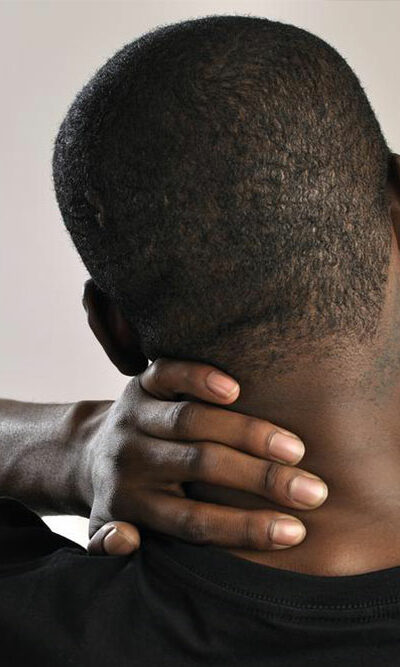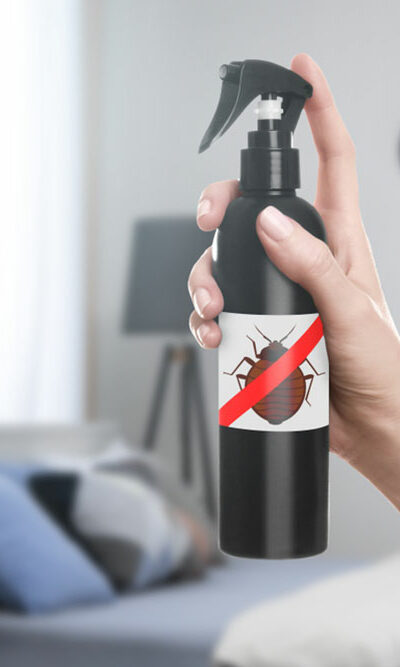
Exercises that Can Help Relieve Neck Nerve Pain
Neck pain is a condition most people experience all around the world. Research has shown that between 22% and 70% of people in the country experience neck pain during their lifetime. Herein, we provide a brief overview of neck nerve pain, its causes, symptoms, and essential exercises you should try for a pinched neck nerve. What is Pinched Neck Nerve? This is a damaged or injured nerve in your neck. The damage can occur due to different reasons including constriction, compression, and the overstretching of your nerve. Pinched nerves occur in the neck due to the following reasons: Narrowing Spinal Space Also known as spinal stenosis, this condition involves the narrowing of the space within the bones that encase the spinal cord (vertebrae) which in turn squeezes the nerves in the neck. Herniated Disks Whenever a cervical disk slips out of place, the pressure is placed on your neck nerves. Degeneration of Disks Factors like age can cause the spinal disks to degenerate. When this occurs, the vertebra becomes compressed, leading to a nerve pinch. Bony Growths Bony growths that occur in the neck due to degenerative disk diseases normally place pressure on the surrounding nerves. Other than these cases, a pinched nerve may occur mainly due to poor posture (rounded shoulders and a forward head posture). Such a posture places more stress on certain neck areas, and this can cause; Inflammation in the area where your nerves exit the spine and extend to the arms A bulge of the disk that sits between vertebrae; this, in turn, compresses the nerves that exit from the spine Symptoms of Neck Nerve Pain The symptoms of pinched neck nerve pain may vary depending on the nerve that it is involved. You may experience pain near the shoulder blades, on one side of the neck or numbness and tingling in the arm.










